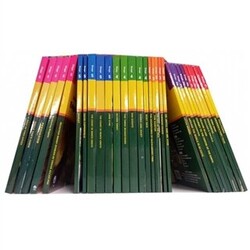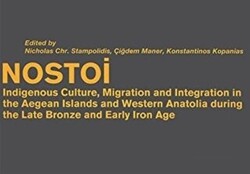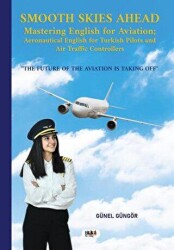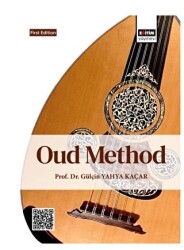Approaches and Principles
Tükendi
Stok AlarmıApproaches and Principles in English as a Foreign Language (EFL) Education introduces EFL teacher candidates to the major foreign language teaching methods of the twentieth and twenty-first centuries, elaborating on the learning theories that support these approaches, as well as the practical knowledge needed to frame an effective approach to foreign language instruction. This book serves as a step-by-step guide to understanding and implementing each of the methods, providing learners with:
A list of learning goals for each chapter, which serves as a guideline for self-assessment;
The historical background and major figures relating to each method;
The instructional principles on which the method is grounded;
Practical application of the method;
Considerations in implementing the method in an EFL context;
Research concerning learner outcomes related to the method;
Suggestions and resources for further study;
Sample lesson plans.
Throughout each chapter, reflective activities are also included to encourage students to think critically about the material and how it might apply to their future teaching practice. In addition, the current teaching trends and critical social issues in foreign language education are discussed in detail in order to situate these methods within the context of the modern language classroom.
“This methods book reflects a monumental effort ... I believe that learners of language teaching should have a thorough grounding in methods for a variety of reasons, not the least of which is helping them to define their own teaching approaches. This book will be an excellent resource in this regard.”
–Diane Larsen-Freeman, Professor Emerita of Education, Professor Emerita of Linguistics, Research Scientist Emerita, University of Michigan













